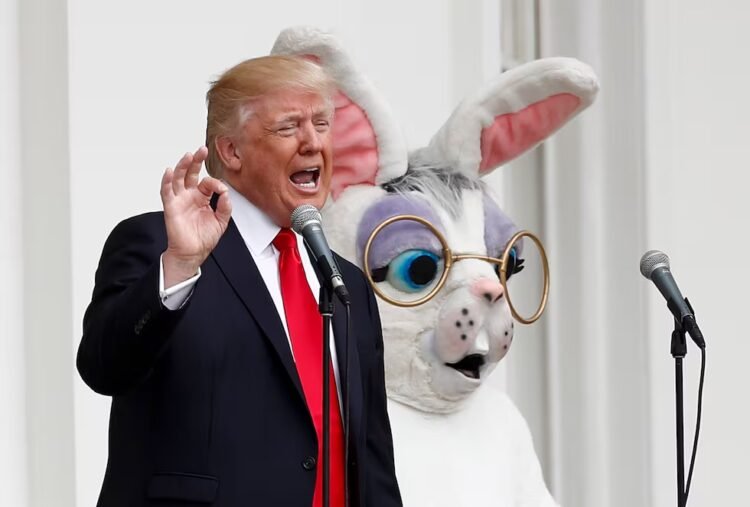The White House is facing scrutiny after enlisting event production company Harbinger to secure corporate sponsors for this year’s Easter Egg Roll. Sponsorships, ranging from $75,000 to $200,000, offer branding opportunities such as logo placements, named event areas, and custom-branded souvenirs—an unprecedented commercialization of a long-standing tradition.
Ethics experts and former White House officials from both parties have raised alarms, citing concerns that selling corporate visibility on White House grounds violates ethical norms and regulations barring public office for private gain.
Since its inception in 1878 under President Rutherford B. Hayes, the Easter Egg Roll has been privately funded, primarily by the American Egg Board. While past events have accepted private contributions, branding opportunities have traditionally been restricted due to legal constraints.
The sponsorship pitch document, obtained by CNN, outlines benefits like invitations to an exclusive White House brunch hosted by the First Lady and mentions in official event communications. Critics argue that the initiative resembles a commercial enterprise rather than a public tradition, with one former official likening it to a sports stadium filled with corporate logos.
Legal experts question whether the White House Counsel’s Office approved the initiative, while the National Park Service, which oversees White House grounds, will reportedly vet sponsors before any agreements are finalized. The White House, Harbinger, and the National Park Service have not responded to requests for comment.
While some argue that large-scale event production requires private funding, ethics watchdogs warn that this approach blurs the line between government functions and corporate influence, setting a concerning precedent for future White House events.

 English
English



























































